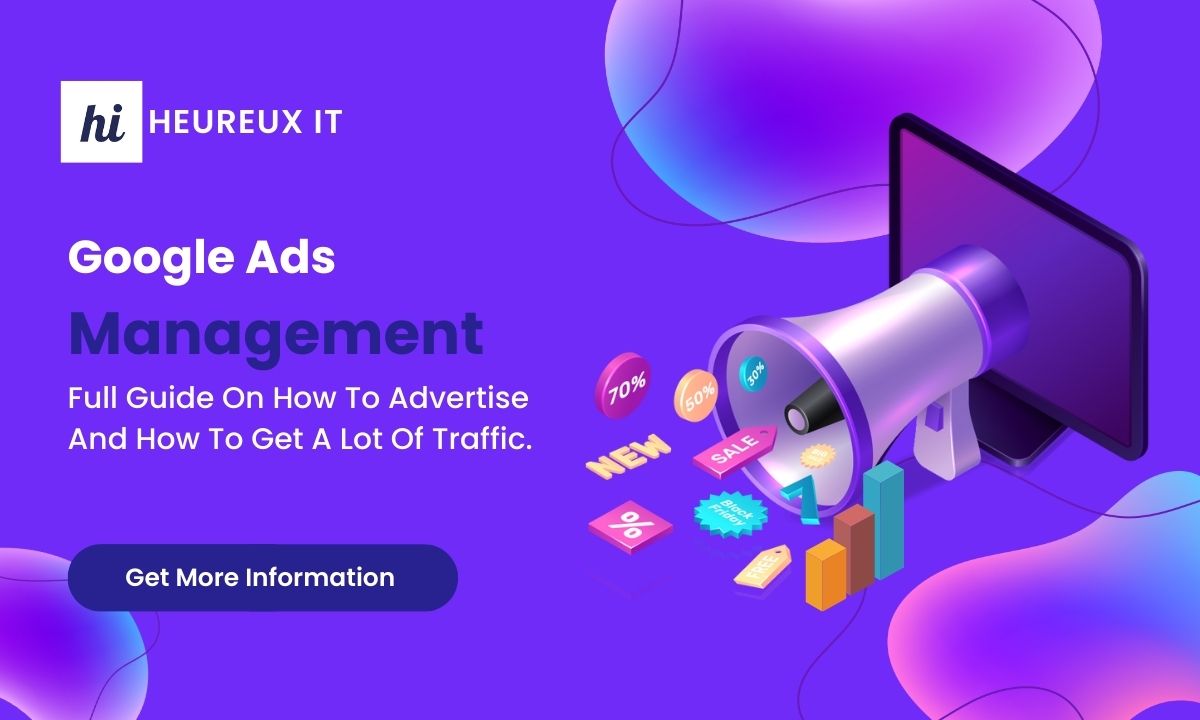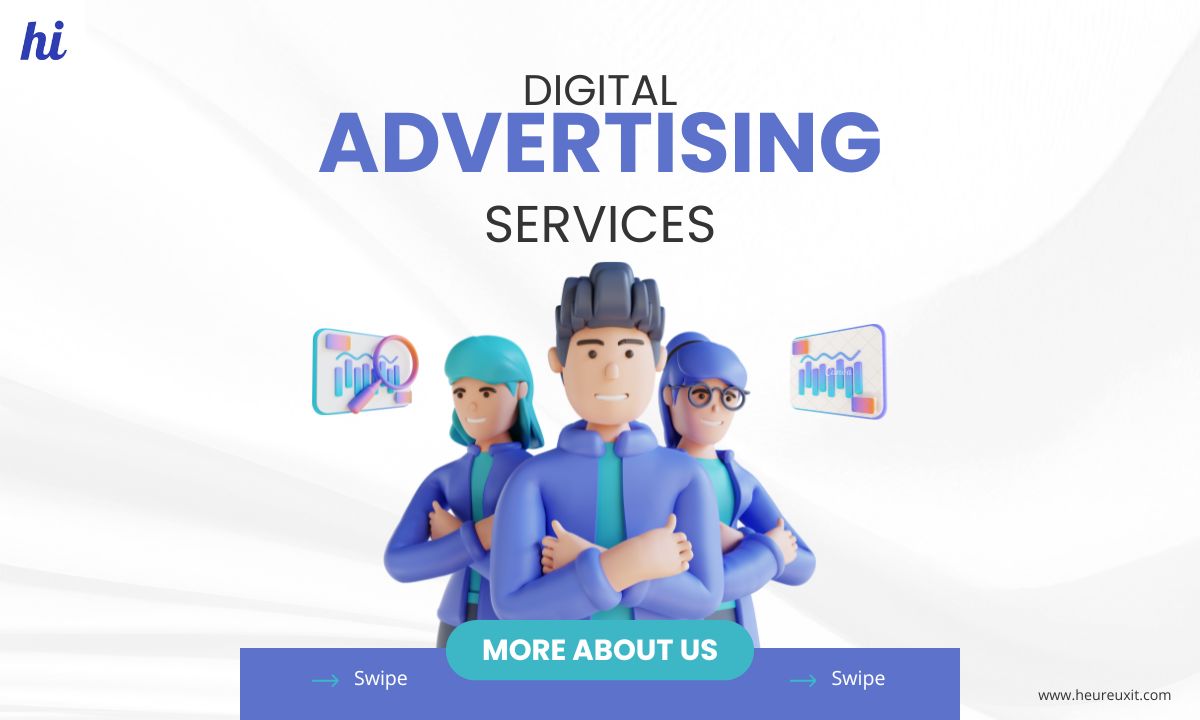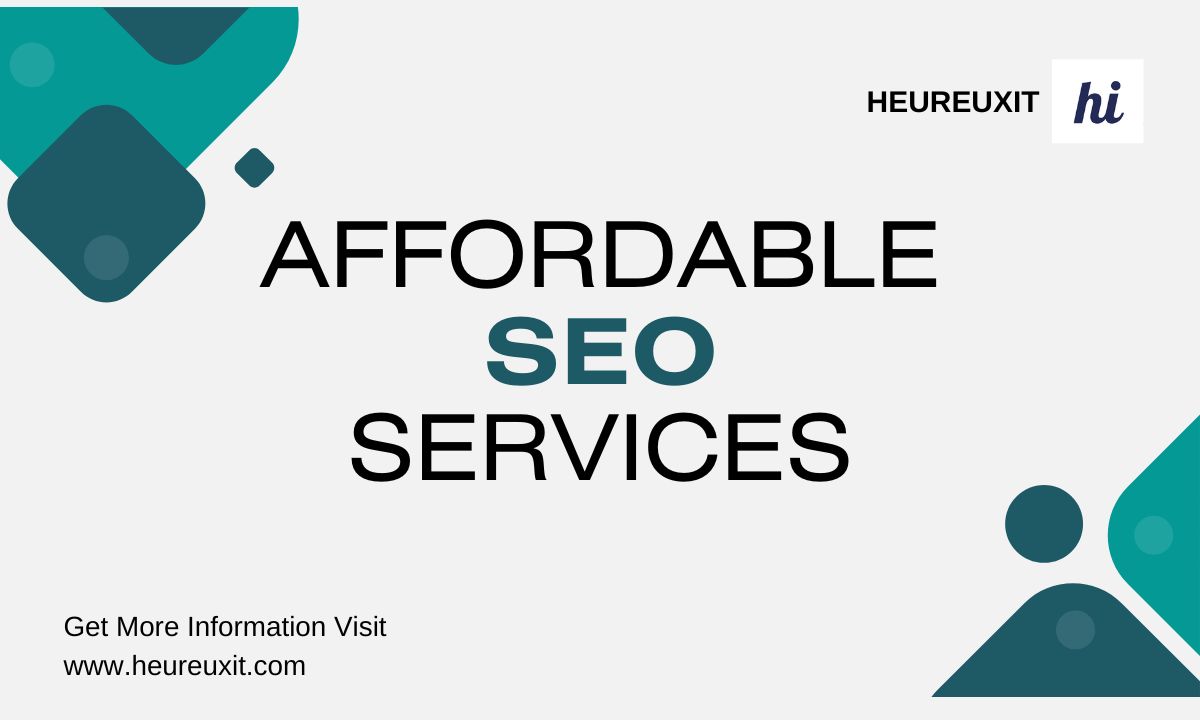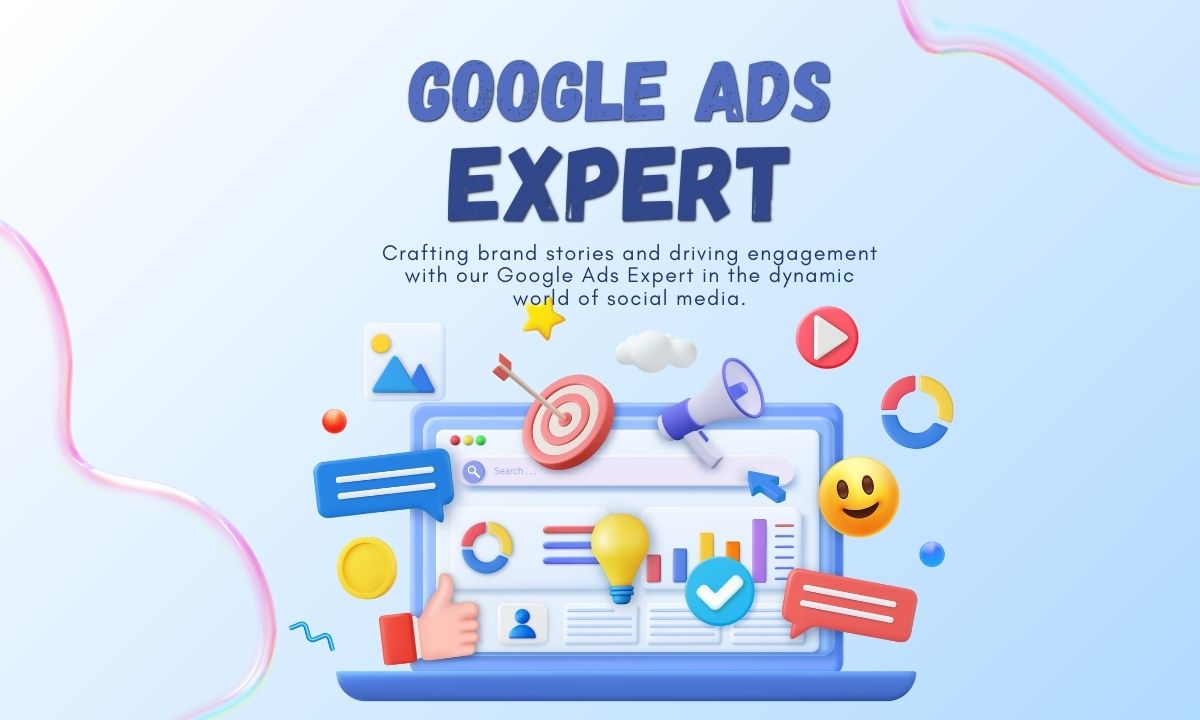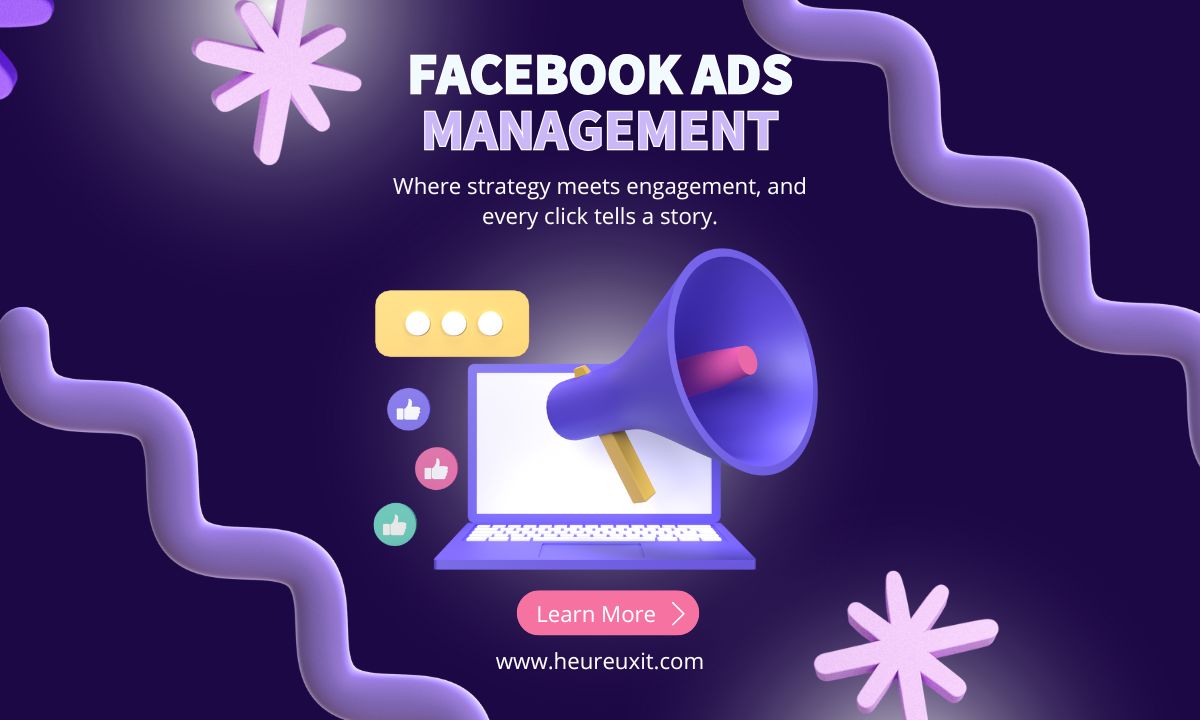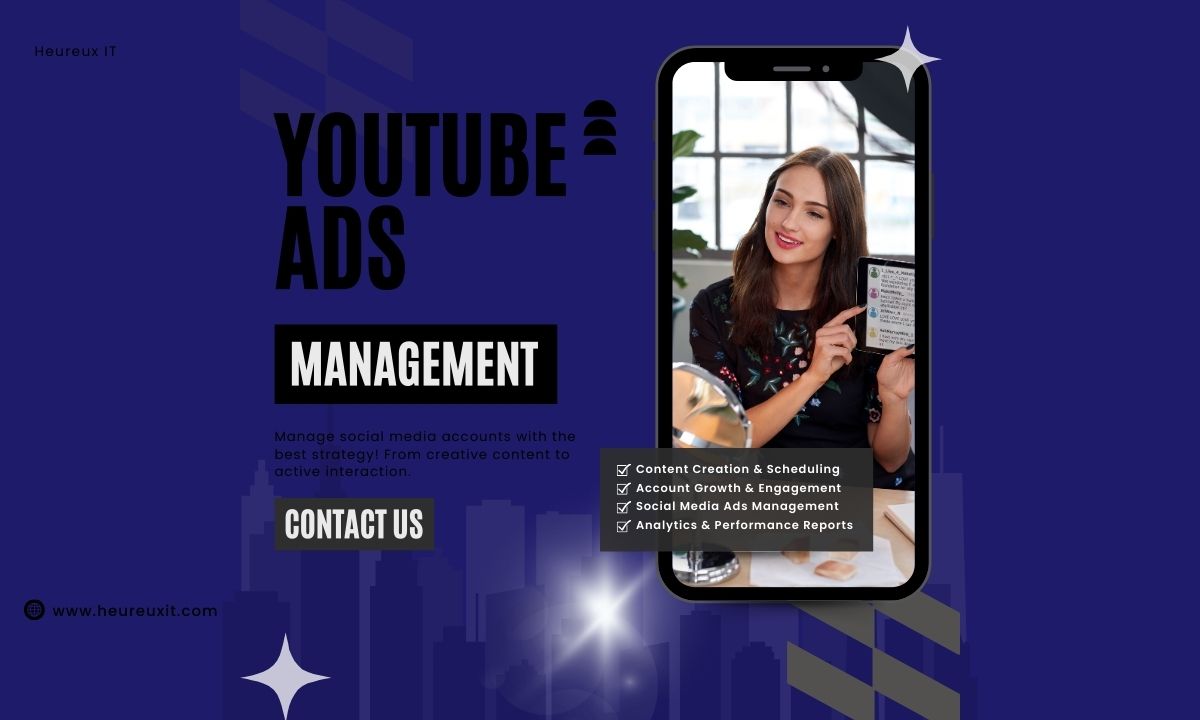In today’s digital landscape, artificial intelligence (AI) is playing a pivotal role in transforming how businesses develop and execute marketing strategies. By leveraging AI, digital marketing is becoming more efficient, targeted, and effective. This article delves into the key ways AI is reshaping digital marketing strategies and enhancing overall efficiency, focusing on marketing with AI and its benefits.
1. Enhanced Personalization
AI-driven tools are enabling marketers to create highly personalized content and experiences for their audiences. With machine learning algorithms analyzing consumer behavior, preferences, and past interactions, businesses can tailor content, offers, and messaging to individuals. This level of personalization boosts customer satisfaction and leads to higher conversion rates.
For example, AI can recommend personalized products to users based on their browsing history or purchase behavior. These recommendations enhance the user experience by showing customers relevant products at the right time. Marketing with AI ensures these personalized strategies are scalable and more precise.
2. Automation of Repetitive Tasks
AI is transforming marketing by automating repetitive tasks such as email marketing, social media posting, and customer segmentation. Marketers no longer need to manually segment audiences or schedule campaigns. AI-powered tools like chatbots, automated email responders, and social media management platforms take care of these tasks, allowing marketers to focus on strategy and creative execution.
Automation improves efficiency by saving time and reducing the likelihood of human error, ensuring that marketing campaigns are executed smoothly and consistently. AI allows for more accurate and timely execution of these tasks.
3. Data-Driven Decision Making
AI’s ability to process vast amounts of data in real-time is enabling marketers to make more informed decisions. Through predictive analytics, AI can identify trends, forecast outcomes, and suggest the best course of action for marketing campaigns. This data-driven approach helps businesses optimize their strategies for better performance.
AI also facilitates A/B testing on a larger scale, helping marketers determine the most effective designs, copy, and calls to action (CTAs) for different audience segments. As a result, businesses can refine their marketing efforts and achieve better ROI. It empowers teams to base their decisions on real-time, accurate data.
4. Improved Customer Insights
Understanding customer behavior is crucial for any successful marketing strategy. AI-powered tools allow businesses to gather and analyze customer insights from various touchpoints, including social media, websites, and email interactions. This data helps marketers gain a deeper understanding of their audience’s needs, preferences, and pain points.
By using AI to analyze customer feedback, sentiment analysis, and purchasing patterns, companies can create more targeted campaigns that resonate with their audience. This improved understanding of the customer journey leads to more meaningful interactions and higher engagement rates, solidifying marketing with AI as a game changer for customer insights.
5. Enhanced Advertising Strategies
AI is revolutionizing digital advertising by enabling more accurate targeting and better ad performance. Programmatic advertising platforms, powered by AI, allow businesses to bid for ad space in real-time, targeting the right audience with precise ads. AI optimizes ad placement based on factors like user behavior, location, and device usage.
Additionally, AI tools can predict which ad creatives will perform better for specific demographics, reducing wasted ad spend and increasing the chances of conversions. This optimization of ad campaigns ensures that businesses get the most out of their advertising budgets. AI transforms advertising into a data-driven, highly targeted process.
6. Predictive Analytics for Campaign Optimization
Predictive analytics powered by AI enables marketers to predict future trends and behaviors based on historical data. This ability to forecast allows businesses to adjust their marketing strategies in real-time, ensuring that campaigns are optimized for maximum effectiveness.
For instance, AI can predict which users are more likely to churn and recommend re-engagement campaigns to retain them. This proactive approach helps businesses minimize customer attrition and maintain a steady flow of revenue. Marketing with AI brings foresight and adaptability to the forefront of marketing strategies.
7. Content Creation and Optimization
AI is also playing a significant role in content creation. From generating blog topics to optimizing headlines for SEO, AI-driven tools are helping marketers create and distribute content more efficiently. Tools like natural language processing (NLP) and machine learning algorithms can generate engaging and relevant content based on the user’s intent.
In addition to content creation, AI helps with content optimization by suggesting improvements for SEO, keyword density, and readability, ensuring that content performs well on search engines and resonates with the target audience. Marketing with AI streamlines content processes for better results.
Conclusion
Artificial intelligence is transforming digital marketing strategies by automating processes, improving personalization, providing deeper customer insights, and enhancing advertising efforts. By integrating marketing with AI into their strategies, businesses can achieve greater efficiency, optimize campaigns in real-time, and deliver a more personalized experience to their audiences. As AI continues to evolve, its impact on digital marketing will only grow, offering new opportunities for innovation and growth.

